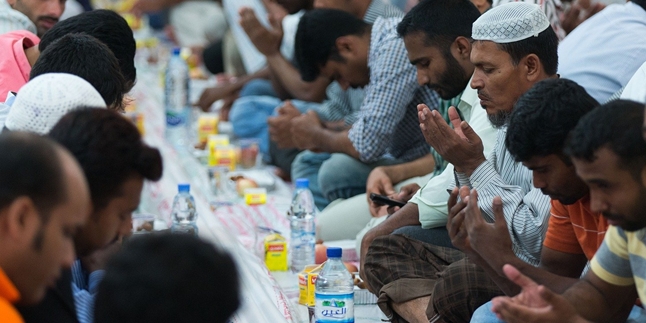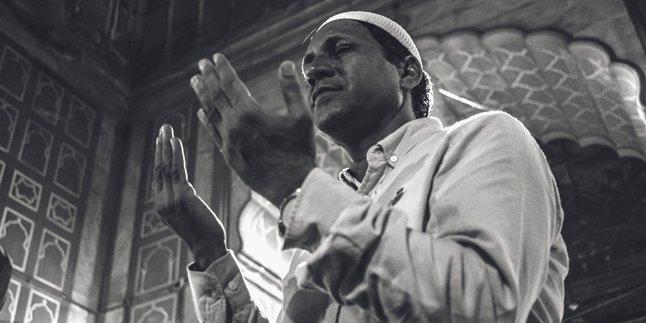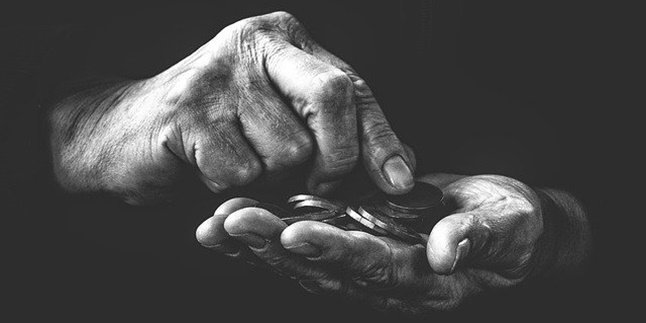Kapanlagi.com - In performing the fasting of Ramadan, there are things that we always do such as performing tarawih prayer in congregation, performing suhoor with its intention, and breaking the fast by reciting the prayer for breaking the fast.
In the month of Ramadan, no matter how small the deeds we do, we will be rewarded if we do them solely for the sake of Allah. Likewise, when we perform the activity of breaking the fast, there are several important things to consider because of the rewards we will receive for doing them.
Therefore, according to various sources, here are the prayers for breaking the fast along with their virtues and meanings.
1. Hasten to Break the Fast
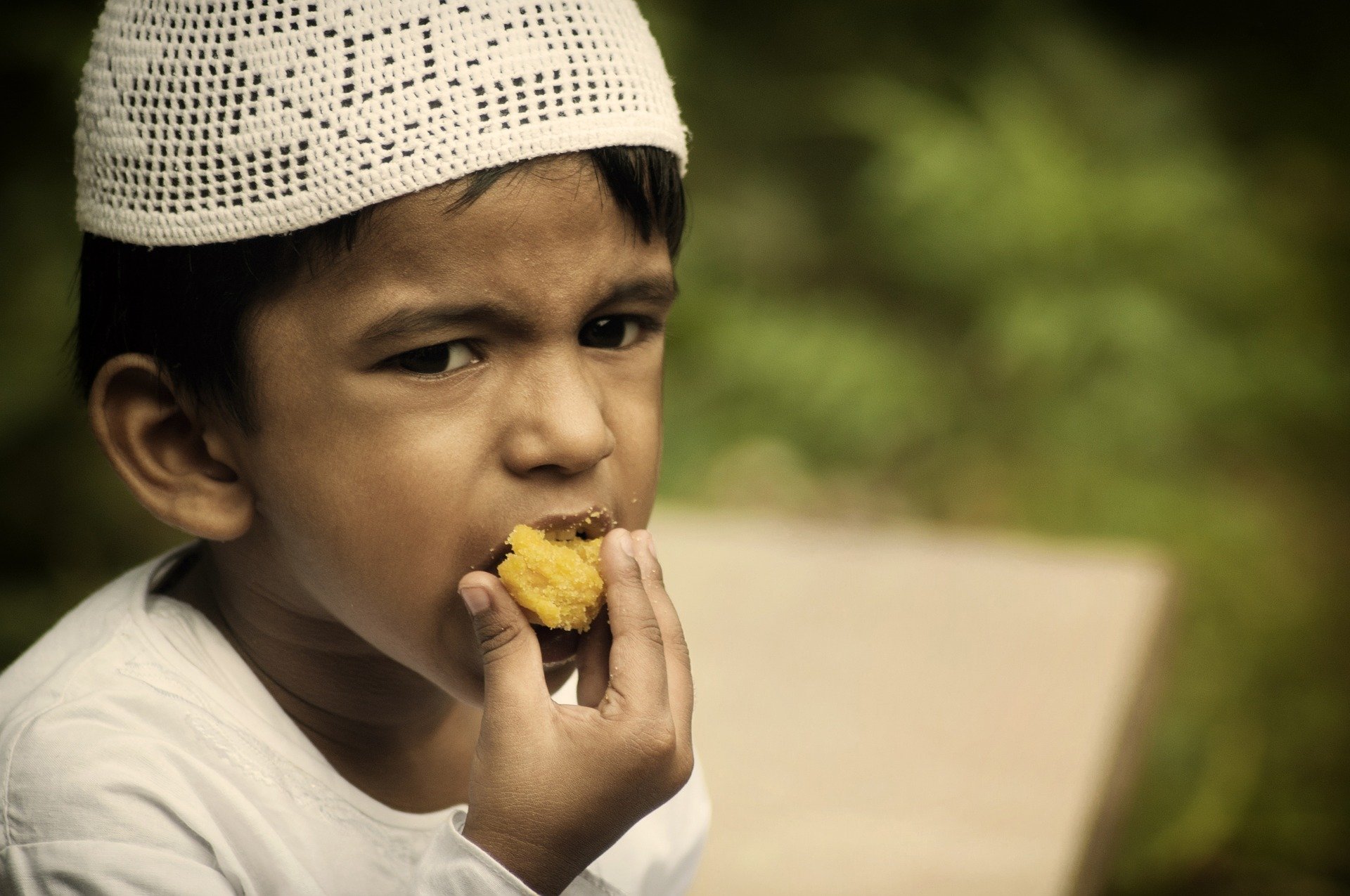
Illustration (credit: Pixabay)
In carrying out fasting activities outside of Ramadan, there are certain things that, if done, will earn rewards, one of which is hastening to break the fast. In this case, hastening to break the fast means that when the time for breaking the fast has come, it is recommended for us to immediately break the fast.
This is not without purpose, as this activity is done so that we can immediately perform other acts of worship such as Maghrib prayer and Tarawih. In a Sahih Hadith narrated by al-Bukhari and Muslim from Sahal Ibn Sa'd, the Prophet Muhammad (peace be upon him) said,
"A person will always be in goodness as long as he hastens to break the fast."
This statement indicates that it is advisable for us to hasten to break the fast in order to perform other acts of worship. If this is done, we will receive more rewards from Allah SWT.
2. Breaking the Fast with Dates
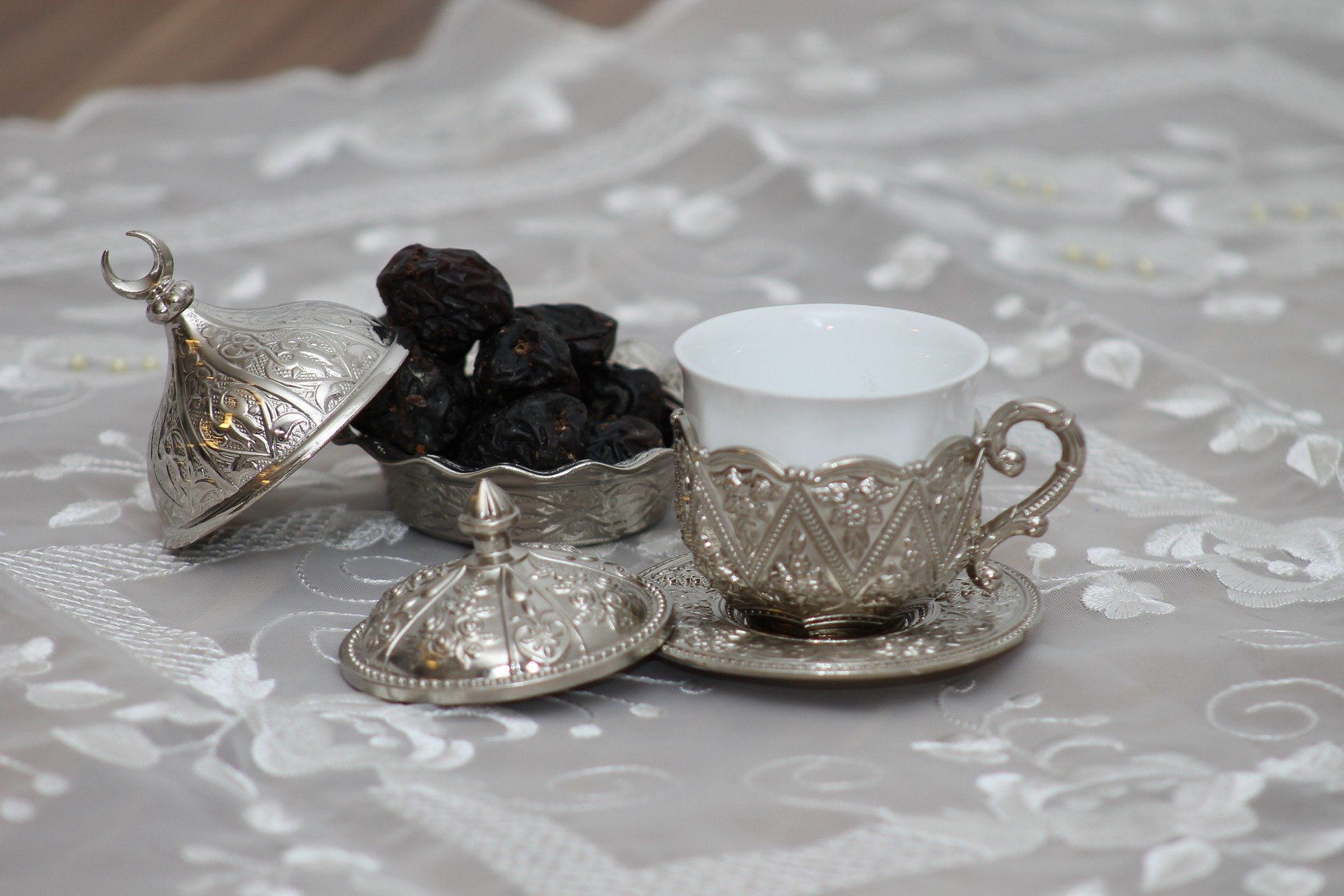
Illustration (credit: Pixabay)
As Muslims, we know that the Prophet Muhammad (SAW) loved dates. He also encouraged his followers to eat dates when breaking their fast. It has been proven that dates, which are high in sugar and fiber, can make us feel full faster.
The fiber in dates can reduce inflammation in the stomach lining and neutralize stomach acid. Therefore, dates are a good food to consume on an empty stomach after a full day of fasting. One authentic hadith that mentions dates is narrated by Abu Daud and al-Tirmidzi from Anas (RA):
"The Prophet (SAW) used to break his fast with ripe dates before praying. If he couldn't find ripe dates, he would break his fast with regular dates. If he couldn't find dates, he would break his fast with a few sips of water."
That is why dates are highly recommended for us when breaking our fast.
3. Reading the Iftar Prayer
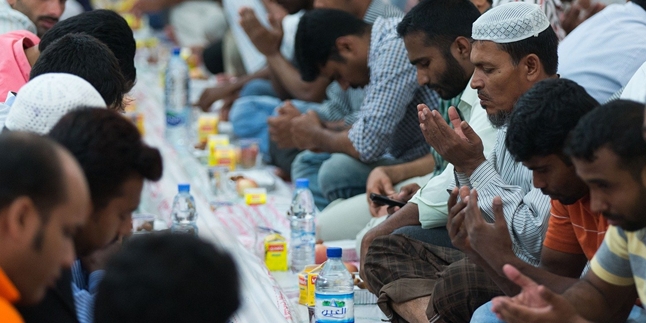
Illustration (credit: Pixabay)
Another sunnah when breaking the fast is to recite the iftar prayer. Reciting the iftar prayer before breaking the fast is an act recommended by Prophet Muhammad (SAW). Ibn Umar narrated that when the Prophet (SAW) broke his fast, he would supplicate like this,
"O my Lord, I fasted for Your sake and I break my fast with Your sustenance. May my thirst be quenched and my veins be moistened, and may the reward of my fasting remain if You will." (Sahih Hadith narrated by al-Bukhari and Muslim).
That is why reciting the iftar prayer is also considered a recommended practice, as it brings additional rewards for those who observe it.
As for the iftar prayer commonly used nowadays, it goes like this:
Allahumma laka shumtu wa bika amantu wa 'ala rizqika afthartu. Birrahmatika yaa arhamar roohimin.
O Allah, for You I have fasted, and in You I believe, and with Your sustenance I break my fast. By Your mercy, O Most Merciful and Compassionate.
4. Break the Fast Moderately

Illustration (credit: Pixabay)
During fasting, we have a strong desire for food, wanting to break the fast with sweet food, wanting to break the fast with fried food, we want to eat everything when breaking the fast. But that's not good, because the Prophet Muhammad SAW did not recommend it. The Prophet set an example for his people to break the fast moderately. In the hadith narrated by Ahmad, an-Nasa'i, and At-Tirmidhi, the Prophet Muhammad SAW said the following,
"There is no worse vessel that a person can fill than his stomach. It is enough for him to have a few bites to straighten his back. If he wants to eat, he should divide it into one-third for his food, one-third for his drink, and one-third for his breath."
That's why it's better for us not to break the fast with a lot of food, not only because the Prophet Muhammad SAW did not recommend it, but also because it is not good for our health.
That's the prayer for breaking the fast along with its virtues and meanings. May all KLovers at home be able to perform fasting well and follow all the recommended Sunnah of the Prophet Muhammad SAW for the sake of Allah ta'ala.
(kpl/dhm/gen)
Disclaimer: This translation from Bahasa Indonesia to English has been generated by Artificial Intelligence.
